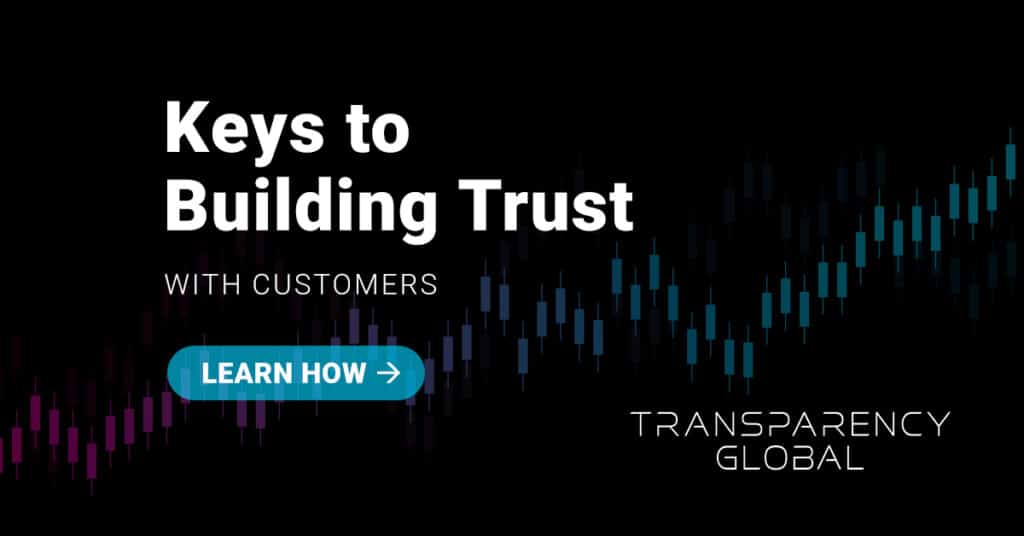Put yourself in your clients’ shoes. Every day, consumers are faced with lengthy and unreadable Terms & Conditions that must be agreed to before making a purchase. Put the customer first when creating (or refreshing) your company’s Terms to build trust. It will lead to higher purchase intentions if they are short, understandable, and transparent.
Companies know that customers rarely read Terms. In one experiment, an internet provider in Manchester, England buried a clause in the Terms for its free Wi-Fi saying that users agreed to 1,000 hours of community service (including sewer maintenance!) and 22,000 people accepted those terms.
Brutal!!
Put simply, always ask if the Terms answer ‘Yes’ to the two questions below:
- Are they short?
- Are they in language that’s easy to read?
Terms is a contract that protects a company from the consumer. Essentially, it is liability coverage against the buyer. Typically, Terms outlines the rights of the purchaser during a transaction with one (or more) of the corporation’s products or services.
Remember that Terms is a legal interaction and it puts the company lawyers in charge of customer rights. When making a purchase from a company, how do you ensure that the consumers have fair rights?
Because Terms are rarely read, it’s likely that long, unreadable Terms are favorable to the company and not favorable to the customer. A 2020 survey of 14 popular apps, from Instagram to Uber, revealed that the user Terms ranged from 2,400 words to 15,000+ which would take consumers anywhere from nine minutes to over an hour to read. On the other hand, short and readable Terms are more likely to strike a fairer balance.
A few use cases are Steve Madden, Casella Waste Systems, Caterpillar, Performance Food Group and Evoqua Water Technologies. Each of the above five organizations named above set the gold standard for Terms, as they are presented concise, easy to follow and understandable for the consumer.
If a company chooses to use short and readable Terms, it indicates that managers have a transparent mindset. Short, readable Terms tell buyers: We have nothing to hide or defend against, and we intend to fairly interact with our customers. Terms push companies to be innovators. That’s what makes our second KPI a strong signal of Transparency.


